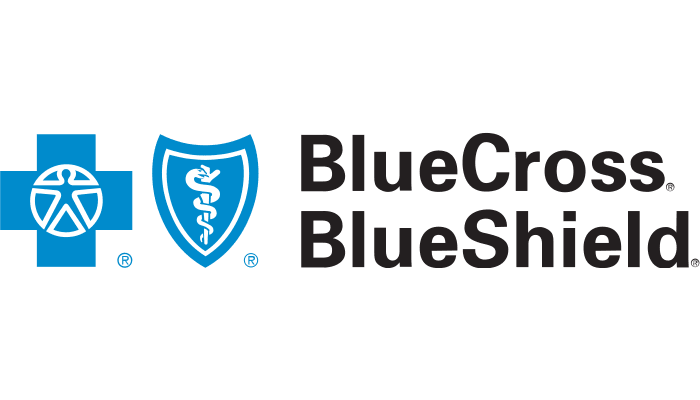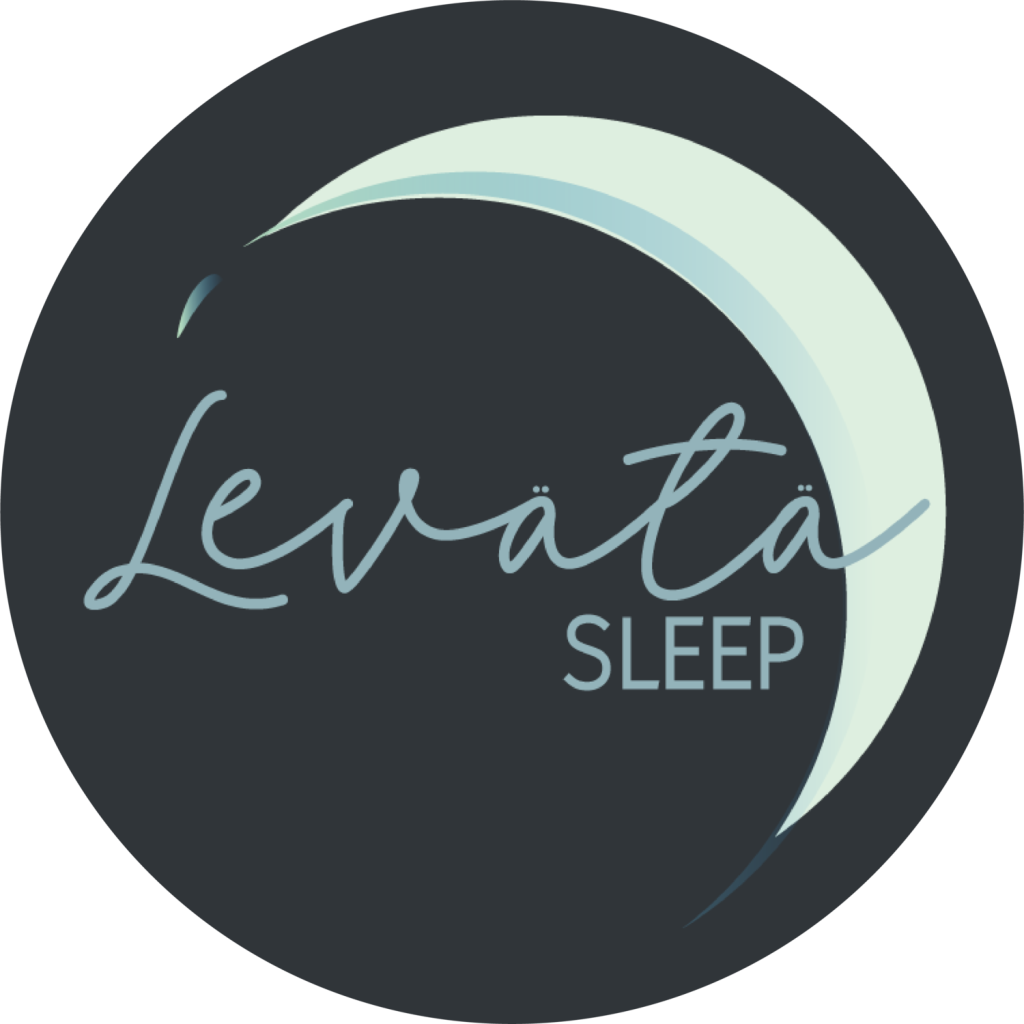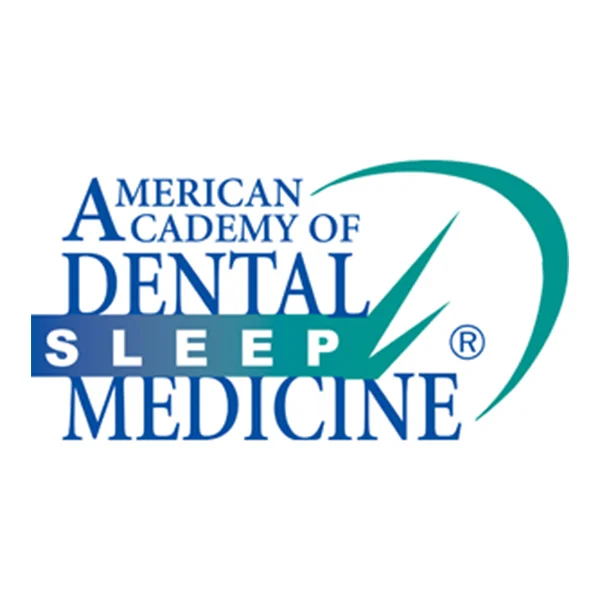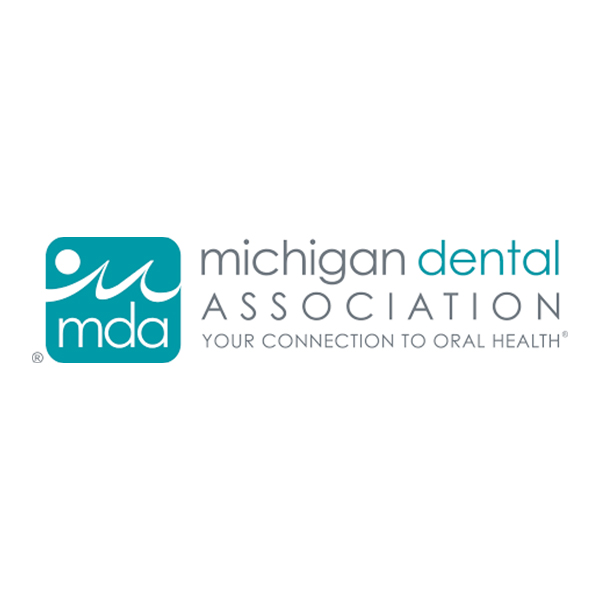Sleep Apnea Testing and Diagnosis
We Bill Medical Insurance and Accept Your VA Benefit!






And Many More!
At Levata Sleep, we understand the importance of accurate testing and diagnosis for sleep apnea. If you suspect that you or a loved one may be experiencing sleep apnea, it is crucial to undergo proper testing and receive a reliable diagnosis. Our dedicated team is here for you and can guide you on the entire process.
Learn more about at-home testing, how the test diagnoses sleep apnea and what this means for treating your sleep apnea.

Sleep Apnea Testing
Sleep apnea testing is a very simple process, made even more convenient by modern technology. At-home sleep tests utilize cutting-edge technology, providing you with a comfortable and accurate assessment of your sleeping habits. These sophisticated portable sleep monitoring systems allow you to conduct the test in the comfort of your own home.
The at-home sleep tests comprehensively monitor the following factors, which are crucial in diagnosing sleep apnea:
- Respiratory Patterns: The device monitors your breathing patterns throughout the night, detecting any interruptions, irregularities, or abnormalities in airflow that may indicate sleep apnea.
- Blood Oxygen Levels: It measures your blood oxygen saturation levels, providing insights into oxygen desaturation events that can occur during sleep apnea episodes.
- Heart Rate: The device tracks your heart rate during sleep, helping to evaluate any changes or irregularities that may be associated with sleep apnea.
- Sleep Position: It records your body position during sleep, detecting shifts in position that can impact sleep quality and contribute to sleep apnea symptoms.
The data collected from these comprehensive at-home sleep tests offers insights into your sleep health. This thorough understanding enables an accurate diagnosis and effective treatment planning for sleep apnea.
At Levata Sleep, our highly experienced team will guide you through the at-home sleep testing process. We are here to address any questions or concerns you may have, ensuring you feel supported every step of the way towards better sleep health. Call us today!
Benefits of At-home Sleep Testing
We understand that convenience and comfort are essential when it comes to evaluating your sleep health. That’s why at-home sleep testing is a convenient alternative to in-lab sleep studies. At-home sleep testing provides several benefits for our patients:
- Convenience: With at-home sleep testing, you have the flexibility to conduct the test in the comfort of your own home. You can abide by your regular bedtime routine and sleep in your own bed on your own schedule, allowing for a more natural and representative sleep experience.
- Cost: At-home sleep testing is generally more cost-effective compared to costly in-lab sleep studies.
- Comfort: At-home sleep testing allows you to sleep in a familiar and comfortable environment, which can promote more natural sleep patterns. This can be particularly beneficial for individuals who struggle with sleep disruptions in unfamiliar settings.
- Time: You can complete the test at the time that suits you best, without the need to coordinate appointments or disrupt your daily routine.
It’s important to note that while at-home sleep testing can provide valuable information for diagnosing sleep apnea, there are instances where an in-lab sleep study may be necessary. In some cases, a comprehensive evaluation conducted in a sleep lab environment may be required to gather additional information or monitor specific parameters.
Diagnosing Sleep Apnea
A comprehensive approach to diagnosing sleep apnea is important to ensure accurate assessment and personalized treatment plans. By considering multiple aspects, the test can gain a comprehensive understanding of your sleep health and accurately diagnose sleep apnea.
- Consultation: The first step in diagnosing sleep apnea is a consultation with our experienced sleep specialists. During this consultation, we will discuss your symptoms, medical history, and any concerns you may have. This helps us gather important information and identify potential risk factors for sleep apnea.
- Medical History Evaluation: Our sleep providers will conduct a detailed evaluation of your medical history, including previous sleep studies or relevant medical conditions. This information provides valuable insights into your overall health and assists in assessing the potential presence of sleep apnea.
- At-Home Sleep Testing: To evaluate your sleep patterns and identify potential sleep apnea, we may recommend at-home sleep testing. This involves getting an order for a sleep study from your provider and using portable sleep monitoring devices in the comfort of your own home. The devices measure parameters such as respiratory patterns, oxygen levels, heart rate, and sleep position. This data, along with your reported symptoms, helps a board certified sleep physician determine the presence and severity of sleep apnea.
- Data Analysis: Once you have completed the at-home sleep test or any other sleep studies the results will be carefully analyzed by a board certified sleep physician. This includes reviewing the recordings, assessing sleep stages, identifying breathing abnormalities, and evaluating other relevant factors. The data analysis allows them to make an accurate diagnosis and develop a personalized treatment plan.
By employing a comprehensive diagnostic approach, you can be rest assured that all relevant factors are considered in the diagnosis of sleep apnea. This empowers you with tailored treatment recommendations that address your specific needs and improve your sleep quality and overall well-being.
If you have sleep apnea, we will develop a personalized treatment plan to meet your needs. Oral devices or appliances are an effective treatment that we specialize in. Commonly used devices include mandibular advancement devices (MADs). These are an effective alternative to CPAP machines to treat mild to moderate sleep apnea. These devices are worn during sleep to reposition your jaw or hold the tongue in a forward position. This keeps the airway open and can help to reduce sleep apnea episodes that interrupt your sleep.
Diagnosis of Different Types of Sleep Apnea
Sleep apnea isn’t as simple as if you have it or not.
Sleep specialists are highly skilled in distinguishing the various types of sleep apnea. Through a comprehensive evaluation of your medical history, symptoms, and diagnostic tests, the specific type of sleep apnea you have can be treated. This allows us to tailor a personalized treatment plan to address your unique needs and improve your sleep quality and overall well-being.
Here are the most common types of sleep apnea that you could have:
- Obstructive Sleep Apnea (OSA)
- Central Sleep Apnea (CSA)
- Complex Sleep Apnea Syndrome (CompSA)
- Positional Sleep Apnea
- Mixed Sleep Apnea
An accurate diagnosis can lead to the right treatment plan. Our team can help determine what type of treatment can help treat your personal case of sleep apnea.
How an At-home Test Works
- The process begins with a consultation with a member of our team. During this consultation, we discuss your symptoms, medical history, and sleep concerns. This helps us determine if an at-home sleep test is appropriate for you.
- We work with you medical provider to order the test and facilitate the testing process.
- If an at-home sleep test is recommended, our team will guide you on how to properly use the device and answer any questions you may have.
- Once you have the sleep monitoring device, you will take it home and follow the instructions provided. The device is typically worn on your wrist and connected to various sensors that collect data while you sleep. These sensors may include respiratory sensors, pulse oximetry sensors to measure oxygen levels, and movement sensors to track sleep positions.
- Throughout the night, the sleep monitoring device collects valuable data about your sleep patterns, breathing, oxygen levels, and other relevant parameters. This data is securely stored within the device for later analysis.
- The collected data from the sleep test is carefully analyzed and interpreted by a board certified sleep physician. Sleep patterns, breathing events, oxygen levels, and other key parameters are analyzed to determine if you have sleep apnea or if other sleep disorders are present. This analysis allows them to provide an accurate diagnosis and in turn helps us develop a personalized treatment plan.

Diagnosing Sleep Apnea in Michigan Today
If you are in Michigan and hope to have a sleep apnea test or diagnosis, look no further than Levata Sleep. Our experienced team is here for you. Levata Sleep will help you treat sleep apnea, and regain your sleep! Contact us today to schedule a consultation. There is no better time than today to get started.

How is sleep apnea diagnosed in Marquette
In Marquette, Michigan, sleep apnea can be diagnosed through a comprehensive approach that often includes a consultation with sleep specialists and sleep studies. At Levata Sleep, we specialize in helping individuals suspected of having sleep apnea. At-home sleep tests allow you to undergo the necessary assessments and monitoring in the comfort of your own home, making the diagnostic process more accessible and convenient. We will guide you through the entire testing process and work closely with you to ensure an accurate diagnosis and develop a personalized treatment plan.




